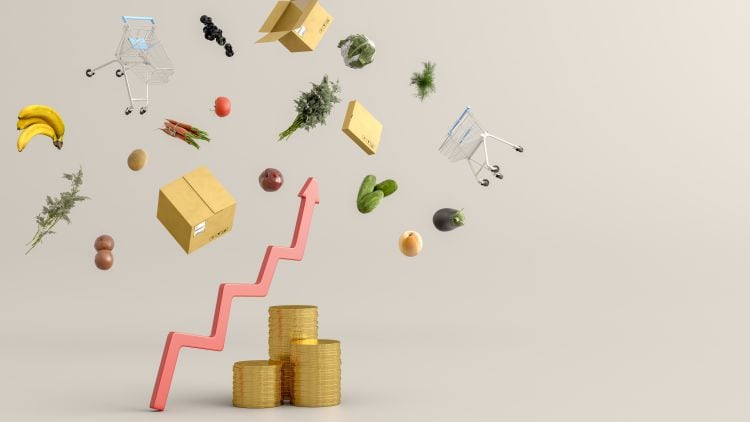The Index notes that the associated rise in labour costs, which were announced in last year’s Autumn Budget and came into effect at the beginning of April, will start to filter through the supply chain in the coming months, adding ‘further upward pressure’ to food and beverage pricing as producers and wholesalers adjust to increased overheads.
This, coupled with existing pressures on food production costs, leads the Index to suggest that while the current inflation rate is subdued, businesses ‘should remain vigilant for future price increases’.
It comes as the FPI indicates a continued easing of inflationary pressures, with the Index remaining relatively flat in February, falling by a marginal 0.1 point from January 2025.
Year-on-year inflation, meanwhile, held steady at 1.8%.
“The inflationary waters in foodservice have been calm lately, but there are several major causes for concern,” says Reuben Pullan, senior insight consultant at CGA by NIQ.
“Businesses will need to stay laser focused on cost management and margins in the months ahead.”
Six of the Index’s 10 categories experienced month-on-month inflation in February, while only one showed year-on-year deflation.
The highest year-on-year inflation was observed in oils and fats at 5.7%; and coffee, tea and cocoa at 6.8%.
Meat and poultry prices are also under significant upward pressure with beef prices continuing to trade at record highs, and price rises in chicken being seen due to the Avian Flu outbreak in Poland.
The Index adds that the impact of recently imposed US tariffs remains a concern, although their full effect is yet to materialise. However, there is expected to be some volatility in the market as some imports and exports to and from the US start to seek alternative markets.
Crude oil prices saw a decline of 4.7% both year-on-year and month-on-month, primarily driven by concerns surrounding economic growth linked to potential tariffs from the US and its trade partners.
“While the overall Foodservice Price Index indicates inflation has been tracking at a relatively low level to date, the upward price pressure on key commodities like beef, chicken, dairy and coffee combined with the impacts from the National Minimum Wage and National Insurance contribution changes which come into effect in April, means we are likely to see a resurgence of inflation in the coming months,” says Shaun Allen, CEO of Prestige Purchasing.
“Operators should ensure they have robust procurement strategies and mitigation plans in place where possible to navigate the challenges ahead.”


